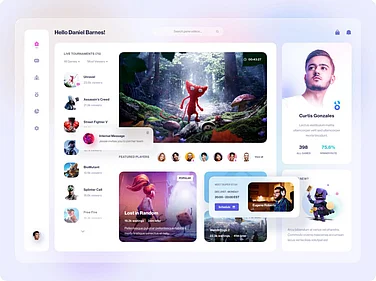The rise of the Indian BPO industry to become the world's dominant offshore outsourcing hub is a classic example of how the early mover advantage can work. “Outsourcing has always been practised by businesses whenever they bought processed materials, components, or services, but it was in India where the modern concept of outsourcing started,” says Ralf Ellspermann, CEO of PITON-Global, an award-winning BPO provider. The first examples were in the 1980s when major multinationals started establishing captive font and back-office support there. American Express, for example, used India as its base for a centre servicing the whole Asia and Pacific region. “Although this was an in-house operation, it proved that the concept of a large, offshore service delivery centre did not just cut costs but could also serve a vast and diverse area and set of customers,” explains Ellspermann. As more and more businesses started to consolidate contact and service centres in the nation during the 1990s, the first third-party providers were established. These made BPO to India a viable option for a new set of customers, and the modern outsourcing industry was born.
Advertisement
“Today India is, arguably, the world capital for ITO, BPO and KPO. The start might not have been plain sailing, and mistakes were made,” says Ellspermann. India is closely linked with outsourcing, and not always positively, because of cases where the contract and staffing were not quite right. However, those examples also provided the learning experiences that, today, ensure that the best providers offer their clients — and their customers — excellent service. The sector has also diversified beyond its beginnings as little more than IT and call centres; outsourcing now offers almost every service imaginable. BPO in India has, for example, a strong reputation in ITES outsourcing, with qualified staff able to work remotely in areas like coding and support.
Advertisement
But the nation remains the world leader not just because it was the first to offer outsourcing. It has several advantages. One is the high quality of technical education that the nation boasts. It is one of the reasons that it has developed a strong reputation for IT outsourcing, but it also means that the sector is well-placed to keep pace with technological advances. According to Ellspermann, “The nation's size also helps; with a population of 1.4 billion, India had little difficulty in providing staff. Collectively, BPO in India would be one of the world's largest employers.” And this size means that it has a supportive government. BPO creates a significant portion of the nation's GDP, making it essential for the state to support and nurture an industry that contributes enormously to its wealth.
There are, of course, challenges to India's dominance. Other destinations that have their own compelling value proposition have emerged, with the Philippines providing the strongest challenge so far. With a highly educated population and exceptional levels of English fluency, the Philippines is now the leading destination for call centres and, indeed, any function where communication is vital. And, since it is also a major contributor to the national economy, the Philippines is keen to set policies to grow and protect the industry. Interestingly, one of the responses of Indian BPO providers has not been to compete as a nation but expand into the Philippines. “Almost all leading BPOs in India now have service delivery centres in the Philippines — employing over 100,000 Filipinos — recognising the country’s key competitive advantages. In creatively defending its position as the world leader, it's now possible that you don't have to outsource BPO to India to benefit from India's expertise,” says Ellspermann.




















